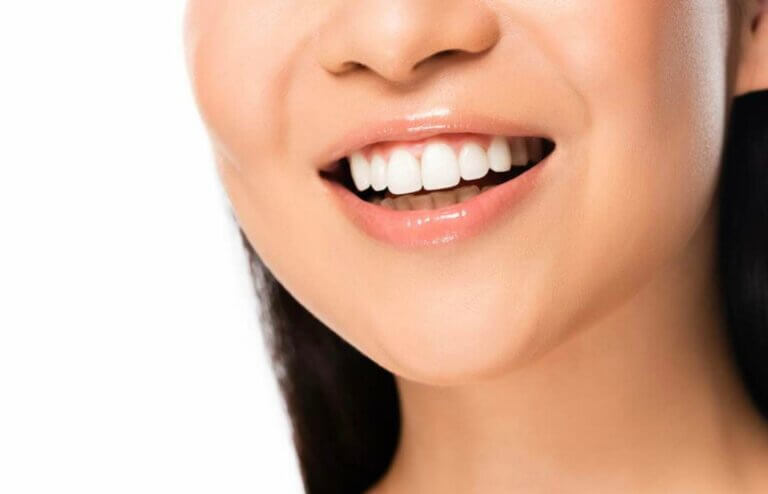PREGNANCY AND TEETH
Pregnancy can lead to dental problems in some women, including gum disease and tooth decay. During pregnancy, hormones affect gums and teeth. Brushing teeth twice a day with fluoride toothpaste and visiting your dentist will help keep your teeth and gums as healthy as possible during pregnancy.
You’re less likely to have dental problems during pregnancy if you look after your teeth and gums before you are pregnant. You can do this by:
- Brushing your teeth at least twice a day with fluoride toothpaste.
- Flossing between your teeth once a day.
- Eating a healthy diet and limiting food and drinks high in added sugar.
- Avoiding tobacco products and alcohol (it’s advised not to drink alcohol during pregnancy, and no tobacco at all times).
- Visiting your dentist every 6 to 12 months.
Common dental issues during pregnancy
Pregnancy hormones can make some women be at risk of the following dental issues:

Gum problems
If you have gum problems during pregnancy, it’s important to get them checked by a dentist before you give birth. While most types of gum problems caused by pregnancy hormones resolve after birth, a small number of women may develop a deeper level of gum disease that will need treatment after pregnancy
- Gingivitis is likely to occur during the second trimester. Symptoms include swelling of the gums and bleeding, mostly during brushing and when flossing between teeth
- Pregnancy epulis or pyogenic granuloma – a red, round growth that appears on the gum, which can bleed easily..
If your gums bleed, don’t stop brushing your teeth. Use a soft-headed toothbrush and fluoride toothpaste, and brush at least twice a day.
Vomit damage
Gastric reflux or the vomiting associated with morning sickness can cover your teeth with strong stomach acids that can damage the surface of the tooth (the enamel) and increase the risk of decay.
Try these suggestions if you’re experiencing vomiting:
- Avoid brushing your teeth immediately after vomiting. While the teeth are covered in stomach acids, the actions of brushing may scratch the tooth enamel. d
- Rinse your mouth thoroughly with plain tap water.
- Follow up with a mouthwash containing fluoride.
- If you don’t have a fluoridated mouthwash, put a blob of toothpaste containing fluoride on your finger and smear it over your teeth. Rinse thoroughly with water.


Food cravings
Some women have unusual food cravings while pregnant. If you have cravings for sugary snacks, it’s best to avoid them as it may increase your risk of tooth decay. Try to snack on foods low in added sugar instead.
If nothing but sweetness will satisfy your craving, try to sometimes choose healthier options, such as fresh fruit. Rinse your mouth with mouthwash containing fluoride or brush your teeth after having sugary snacks.


